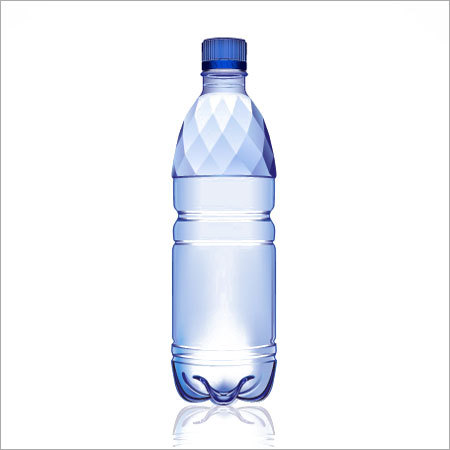
Woodstock City Council has rejected a ban on plastic water bottles within municipal facilities where access to tap water is available.
WOODSTOCK - Woodstock City Council watered down a motion that would have removed the sale of bottled water from municipal facilities like parks. Presentations from Nestle Waters Canada and the Canadian Beverage Association drowned out the recommendation from the Woodstock Environmental Advisory Committee. WEAC had made 5 recommendations to council that included creating a public awareness campaign aimed at reducing the use of plastic bottles. The five recommendations from WEAC were as follows:
1) Ending the sale and distribution of single-use bottled water from municipally owned facilities where easy access to municipal tap water exists by January 18, 2018
2) Stop providing and purchasing single-use bottled water at meetings where easy access to municipal water exists
3) Increasing the availability of water jugs with municipal water
4) Create a City staff and public awareness campaign to support the rationale for these changes to include the need of Woodstock citizens to do their part
5) A three year implementation schedule be followed subject to an assessment that tap water is readily accessible at these locations
Council made two amendments to the motion after hearing delegations from Nestle Waters Canada, Canadian Beverage Association and WEAC. The motion was passed with council adopting the second, third and fourth recommendations. Woodstock City and County Councillor Sandra Talbot felt it was too soon to stop the sale of bottled water.
"I think this is a very long process to make a complete exit from bottled water, Councillor Poetter made a great observation that we have a lot of people come in from out of town and if they're not prepared and don't know that we don't have bottled water if they don't bring their own containers that is an issue."
In a report from the Director of Parks and Recreation David Connors detailed that the financial impact to revenues if the sale of bottled water at municipal facilities was stopped varied. Revenue losses were estimated to be $5,000 at the Community Complex if bottled water was banned from vending machines and other contract food sales. However at the Southside Park Aquatic Centre the revenue loss estimate were significantly less at $41 a year.
Woodstock City and County Councillor Sandra Talbot also pointed out the decision to direct attention towards a public awareness campaign aimed at engaging the public to use reusable containers.
"So I think the more that we make the public aware and people know that we have refill stations and I mean then they don't have to buy it, they can just come and refill their bottles so I think public awareness is huge."
Council's decision not to adopt the first and fifth recommendations was met with a mixed reaction from WEAC Chair Chris Kennedy.
"So I'm glad that the city considered it, I'm glad that they accepted a lot of our recommendations, it kind of took a lot of the teeth of it out by not going ahead with the ban of bottled water sales,"
Director of Corporate Affairs for Nestle Waters Canada John Challinor II was pleased with council's decision not to adopt the recommendation to ban the sale of single-use bottled water and explained the purpose of his delegation.
"As I indicated in my presentation I came here on the point of principle and that principle is, is that every resident of Woodstock should have the freedom to choose between Municipal tap water, bottled water or another beverage and all that I was asking for was that they continue to have that freedom of choice."
The recommendation from WEAC would not have banned the public from using or bringing their own bottled water to municipal facilities. The recommendation specified ending the sale of single-use bottled water from municipal facilities that had publicly available municipal tap water. In part to reduce the amount of plastic bottles that end up in the landfill.
The use of plastic water bottles commercially dates back to 1947. Issues with chemicals in plastics created for bottled water have arisen over the years. In a Globe and Mail report from 2010 Canada declared the plastic making compound bisphenol A or BPA to be toxic and banned it from the production of baby bottles. According to Challinor BPA has never been used in the production of polyethylene terephthalate or PET plastic.

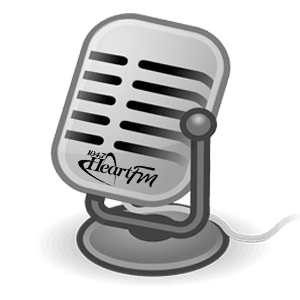

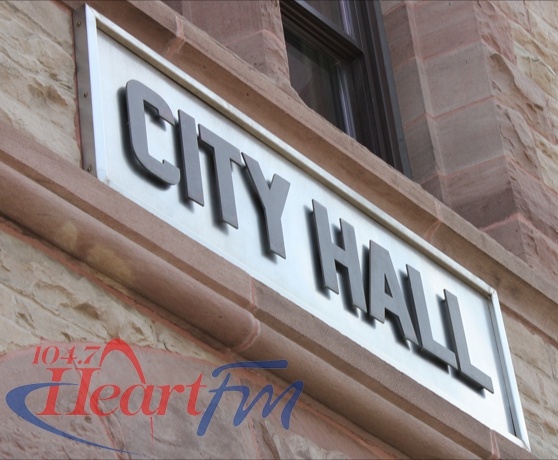 Council Approves Community Grants for Fall 2025
Council Approves Community Grants for Fall 2025
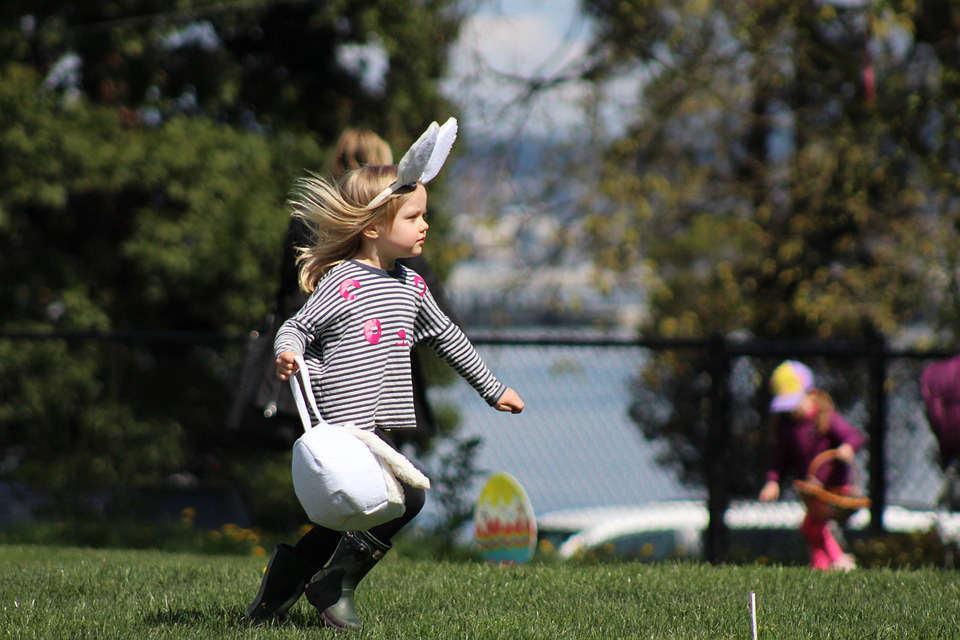 Changes to Woodstock Events in 2025
Changes to Woodstock Events in 2025
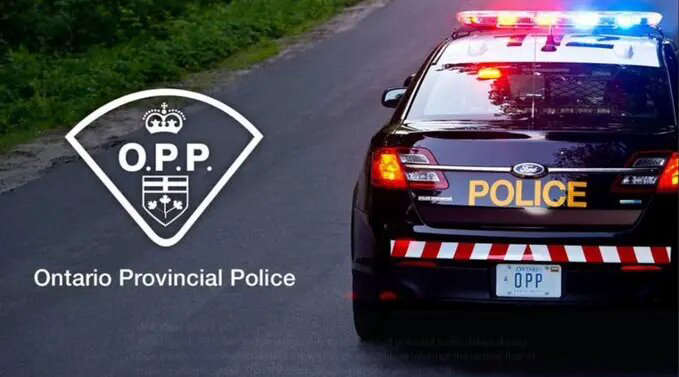 Brantford Driver Charged in Waterford
Brantford Driver Charged in Waterford
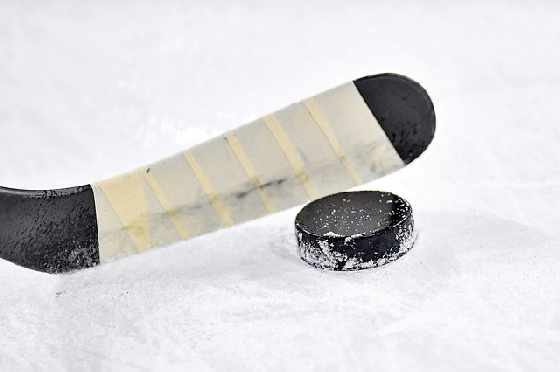 PJHL Tease - Oct 4th to Oct 6th
PJHL Tease - Oct 4th to Oct 6th
 Pasta Dinner Supporting WKNR
Pasta Dinner Supporting WKNR
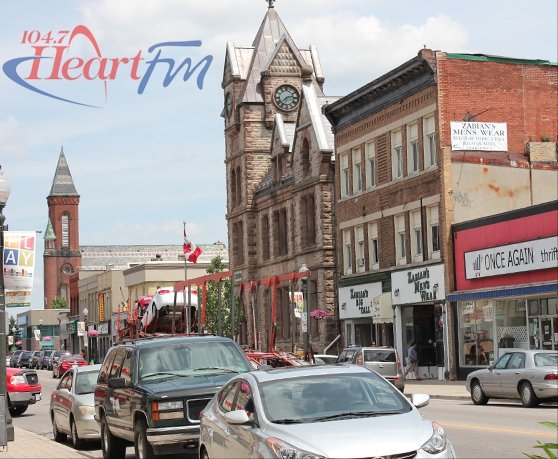 Hospitality Workers Invited to Discover Dundas
Hospitality Workers Invited to Discover Dundas
 Brant Area Child Dies of Rabies
Brant Area Child Dies of Rabies
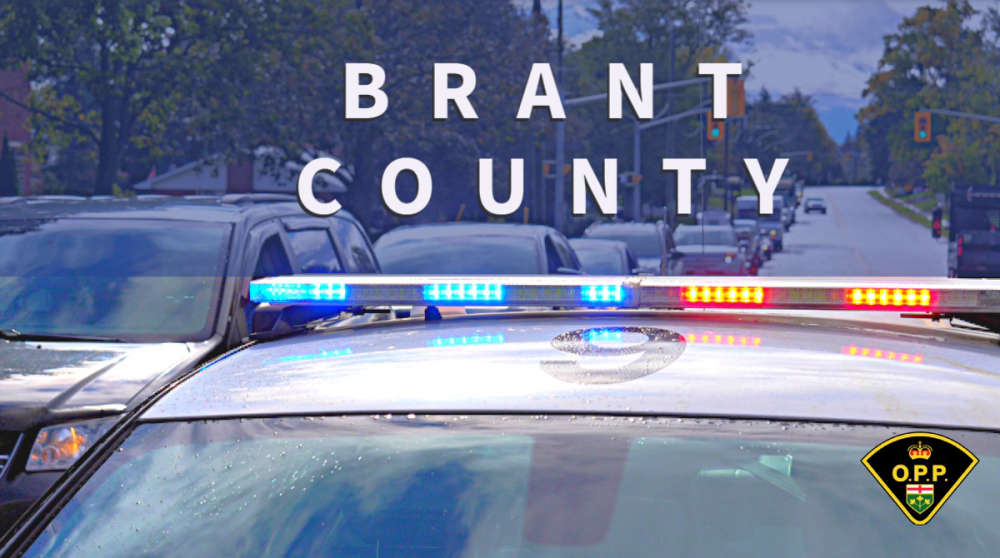 Break and Enter Under Investigation in Paris
Break and Enter Under Investigation in Paris
 WITAAR Supports Local Teachers with Supply Drive
WITAAR Supports Local Teachers with Supply Drive
 Adult Halloween Dance to Support Norwich Youth
Adult Halloween Dance to Support Norwich Youth
 Members Wanted for Youth Advisory Committee
Members Wanted for Youth Advisory Committee
 WPS Looking for Missing Man
WPS Looking for Missing Man
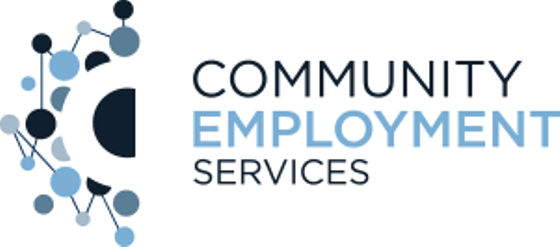 Skilled Trades a Focus for Oxford County
Skilled Trades a Focus for Oxford County
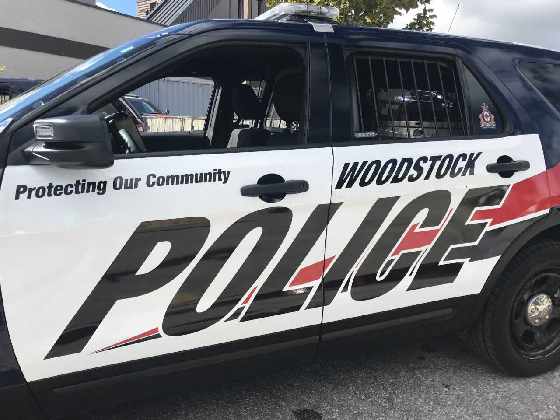 Indecent Act Leads to Arrest in Woodstock
Indecent Act Leads to Arrest in Woodstock
 Norfolk OPP Investigate Mischief
Norfolk OPP Investigate Mischief
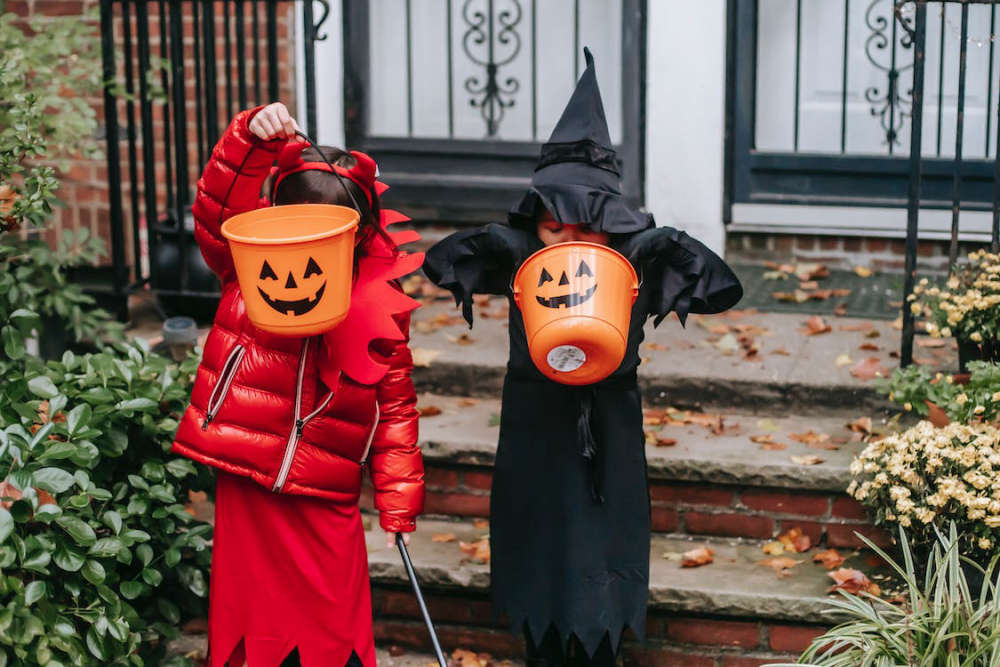 Friendly Ghost Costume Stop Happening this Weekend
Friendly Ghost Costume Stop Happening this Weekend
 Fatal ATV Rollover in Thames Centre
Fatal ATV Rollover in Thames Centre
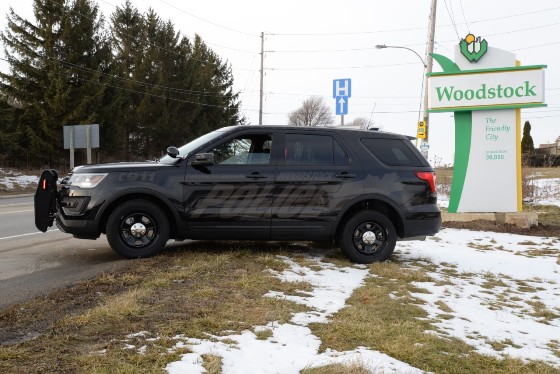 Woodstock Police Lay Charges after Assault
Woodstock Police Lay Charges after Assault
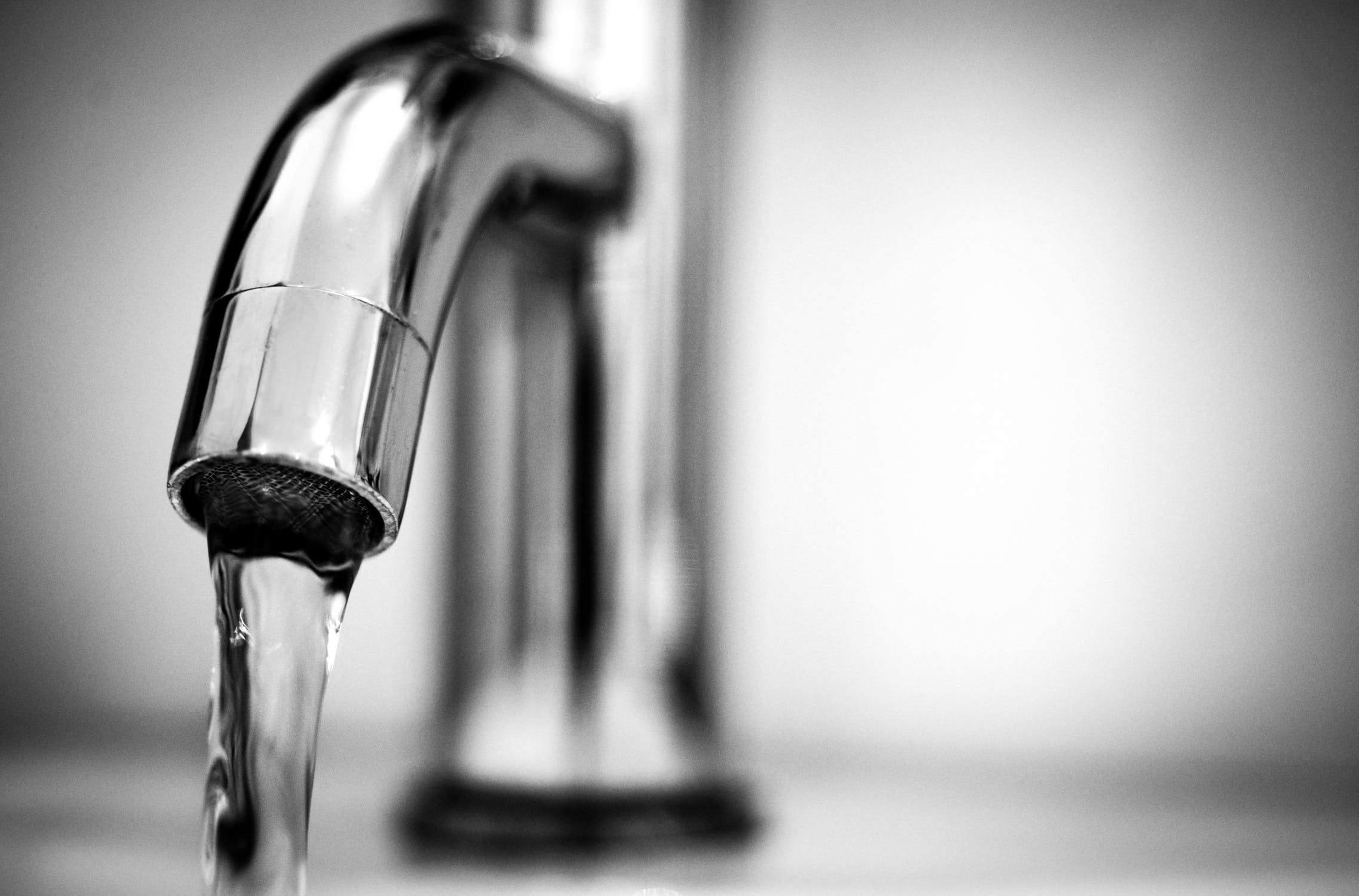 Water main Flushing Begins in Oxford County
Water main Flushing Begins in Oxford County



Comments
Add a comment